Home>Articles>How Often Should You Replace A Smoke Detector?
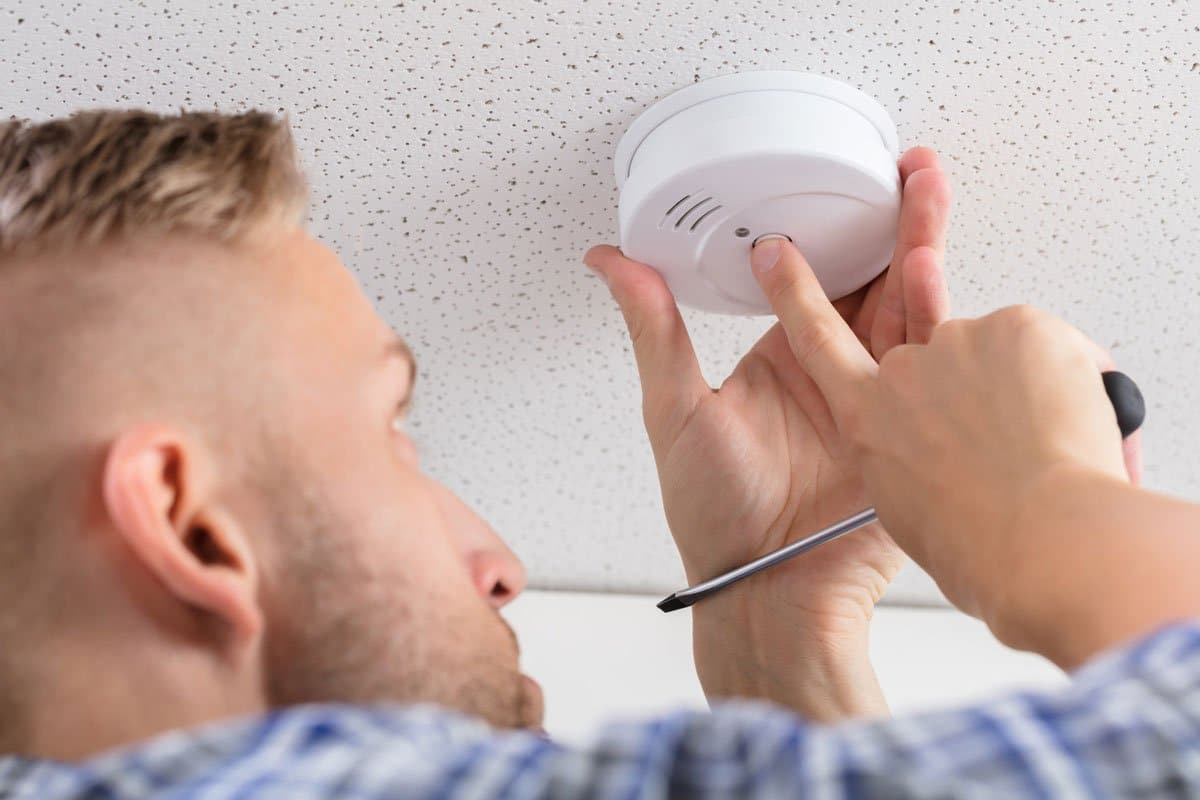

Articles
How Often Should You Replace A Smoke Detector?
Modified: February 24, 2024
Learn how often you should replace a smoke detector with our informative articles. Discover the importance of regular maintenance for optimal safety.
(Many of the links in this article redirect to a specific reviewed product. Your purchase of these products through affiliate links helps to generate commission for Storables.com, at no extra cost. Learn more)
Introduction
Welcome to the world of smoke detectors! These small devices play a crucial role in ensuring our safety by alerting us to the presence of smoke or fire in our homes. But have you ever wondered how often you should replace a smoke detector? In this article, we will explore the importance of smoke detectors, the factors that can affect their lifespan, recommendations by manufacturers, and signs that indicate when it’s time for a replacement.
Smoke detectors are an essential component of any home’s safety system. They provide an early warning system that can save lives and prevent property damage in the event of a fire. These devices are designed to detect smoke particles in the air, triggering an alarm to alert occupants to the potential danger. However, like any other electronic device, smoke detectors have a lifespan and may need to be replaced periodically to ensure their effectiveness.
Before delving into the frequency of replacement, let’s first understand why smoke detectors are so important. According to the National Fire Protection Association (NFPA), having a working smoke detector in your home can decrease the risk of dying in a fire by nearly 50%. This statistic alone highlights the critical role that smoke detectors play in keeping us safe. They provide early detection, giving us valuable time to evacuate or take necessary actions to control the fire.
Now that we understand the importance of smoke detectors, let’s explore the factors that can affect their lifespan. Stay tuned to find out how often you should replace a smoke detector!
Key Takeaways:
- Regularly test and maintain smoke detectors to ensure early detection of fire hazards and protect lives and property. Follow manufacturer’s guidelines for installation, testing, battery replacement, and cleaning to maximize effectiveness.
- Pay attention to signs indicating smoke detector replacement, such as age, false alarms, noisy alerts, and power source issues. Stay proactive in maintaining a reliable early warning system for home safety.
Importance of Smoke Detectors
Smoke detectors are invaluable devices that can save lives and prevent property damage in the event of a fire. They act as an early warning system, notifying occupants about the presence of smoke or fire and giving them the necessary time to evacuate or respond accordingly. Here are some key reasons why smoke detectors are so important:
- Early detection: Smoke detectors are designed to detect the smallest traces of smoke in the air. By detecting smoke early on, they provide a crucial warning sign that allows people to take immediate action. This early detection can be the difference between life and death in a fire emergency.
- Alert to fire hazards: Smoke detectors are not only effective in detecting smoke from fires but also other fire hazards such as electrical malfunctions or overheating appliances. By alerting occupants to these hazards, smoke detectors can prevent fires before they even start.
- 24/7 monitoring: Smoke detectors are always on guard, monitoring the air for potential signs of smoke or fire. Unlike humans, they don’t sleep, get distracted, or miss warning signs. This constant monitoring provides an extra layer of safety and peace of mind.
- Protection during sleep: Fires can spread rapidly, especially at night when people are asleep and vulnerable. Smoke detectors are crucial in alerting sleeping occupants at the earliest stages of a fire, providing them with the opportunity to escape or seek help before it’s too late.
- Legal requirement: In many jurisdictions, having smoke detectors installed in residential or commercial buildings is a legal requirement. Failure to comply with these regulations can result in fines or even the inability to occupy a building. Thus, smoke detectors not only protect lives but also ensure compliance with local regulations.
- Peace of mind: Having functioning smoke detectors installed in your home or workplace provides peace of mind for you and your loved ones. Knowing that you have a reliable early warning system in place can alleviate anxiety and allow you to sleep better at night.
In summary, smoke detectors are essential safety devices that can make a significant difference in emergencies. By providing early detection and alerting occupants to potential fire hazards, they play a critical role in saving lives and protecting property. Ensuring that smoke detectors are properly installed, maintained, and replaced when necessary should be a top priority for every homeowner or building occupant.
Factors Affecting Smoke Detector Lifespan
While smoke detectors are designed to last for a certain period of time, their lifespan can be influenced by various factors. Understanding these factors can help you determine how often you should replace your smoke detector. Here are some key factors that can affect the lifespan of smoke detectors:
- Age: The age of a smoke detector is one of the most significant factors affecting its lifespan. Most manufacturers recommend replacing smoke detectors every 10 years, as the sensors and components can become less sensitive and reliable over time.
- Power source: The power source used by the smoke detector can impact its lifespan. There are two main types of power sources: battery-powered and hardwired. Battery-powered smoke detectors typically have batteries that need to be replaced regularly. It’s important to adhere to the manufacturer’s recommendations for battery replacement to ensure optimal performance. Hardwired smoke detectors, on the other hand, are connected to the electrical system of the building and usually have a backup battery. The backup battery should be replaced periodically, and the entire unit should be replaced as recommended by the manufacturer.
- Cleaning and maintenance: Regular cleaning and maintenance can significantly extend the lifespan of a smoke detector. Dust, dirt, and debris can accumulate over time and hinder the detector’s sensitivity. It’s recommended to clean smoke detectors at least once every six months and replace any damaged or malfunctioning parts promptly.
- Environmental factors: The environment in which the smoke detector is installed can also impact its lifespan. High humidity, extreme temperatures, and exposure to chemicals or contaminants can affect the performance and longevity of the device. It’s crucial to install smoke detectors in suitable locations, away from areas with excessive moisture, extreme heat, or potential sources of interference.
- Testing and maintenance practices: Regularly testing and maintaining smoke detectors is essential for ensuring their effectiveness and reliability. Test your smoke detectors at least once a month to ensure they are functioning correctly. Replace batteries promptly when they are low, and follow the manufacturer’s guidelines for testing and maintenance.
- Manufacturer’s recommendations: Every smoke detector model may have specific recommendations from the manufacturer regarding its lifespan and replacement. It’s crucial to read and follow the manufacturer’s instructions carefully to ensure the best performance and safety.
Keep in mind that these factors are general guidelines, and it’s important to refer to the specific instructions provided by the manufacturer of your smoke detector. By taking into account these factors and maintaining your smoke detector properly, you can significantly extend its lifespan and ensure optimal performance in detecting smoke and fire.
Recommendations by Manufacturers
To ensure the optimal performance of your smoke detectors, it’s crucial to follow the recommendations provided by the manufacturers. While the specific recommendations may vary between brands and models, here are some general guidelines commonly advised by manufacturers:
- Installation guidelines: Follow the manufacturer’s instructions for proper installation of your smoke detectors. This includes choosing suitable locations, such as near bedrooms and on each level of your home, as well as ensuring they are mounted securely and at the recommended height from the ceiling.
- Regular testing: Test your smoke detectors at least once a month to ensure they are functioning correctly. Most smoke detectors have a testing button that you can press to simulate smoke and check if the alarm sounds. If the alarm does not sound, replace the detector or troubleshoot the issue as recommended by the manufacturer.
- Battery replacement: If your smoke detector is battery-powered, replace the batteries as specified by the manufacturer. Many manufacturers recommend replacing the batteries at least once a year, while others suggest replacing them every 6 to 12 months. It’s important to use high-quality batteries and avoid using rechargeable batteries, as they may not provide a consistent power supply.
- Hardwired detectors: If your smoke detectors are hardwired to the electrical system of your building, they may also have backup batteries. Follow the manufacturer’s recommendations for replacing the backup batteries, typically every 1 to 2 years, or as specified by the manufacturer.
- Cleaning and maintenance: Regularly clean your smoke detectors to remove dust and debris that can accumulate over time and affect their performance. Use a soft brush or vacuum cleaner attachment to clean the sensors and vents. Avoid using harsh cleaning agents or spraying directly onto the detector, as it may damage the device.
- Replace at end of life: Most manufacturers recommend replacing smoke detectors after a certain period, typically around 10 years. This is because the sensitivity and reliability of the sensors can diminish over time, reducing the effectiveness of the detectors. Refer to the manufacturer’s instructions or documentation to determine the recommended lifespan of your specific smoke detector model.
It’s essential to note that these recommendations are intended as general guidelines. Always refer to the instructions and recommendations provided by the manufacturer of your specific smoke detector model for accurate and up-to-date information. By following these recommendations, you can ensure that your smoke detectors are properly maintained and provide the highest level of safety for you and your loved ones.
It is recommended to replace your smoke detector every 10 years, as the sensors can degrade over time. Additionally, be sure to test your smoke detector monthly to ensure it is functioning properly.
Smoke Detector Testing and Maintenance
Regular testing and maintenance of your smoke detectors are essential to ensure their proper functioning and reliability. By following these guidelines, you can ensure that your smoke detectors are always ready to detect smoke and provide early warnings in case of a fire:
- Monthly testing: Test your smoke detectors at least once a month to ensure they are functioning correctly. Locate the test button on the detector and press it for a few seconds. If the alarm sounds, it is working properly. If the alarm does not go off, replace the batteries or the entire smoke detector as recommended by the manufacturer.
- Replace batteries: If your smoke detectors are battery-powered, replace the batteries as instructed by the manufacturer. Many manufacturers recommend replacing the batteries at least once a year, although some may recommend replacement every 6 to 12 months. It is advisable to use high-quality batteries and avoid using rechargeable batteries, as they may not provide a consistent power supply.
- Clean regularly: Dust, dirt, and debris can accumulate on the sensors and vents of your smoke detectors, affecting their sensitivity and performance. Therefore, it is important to clean them regularly. Use a soft brush or vacuum cleaner attachment to remove any particles that may have accumulated. Avoid using cleaning agents or spraying directly onto the detectors, as this may damage the device.
- Check for obstructions: Ensure that there are no obstructions such as furniture, curtains, or other objects blocking the airflow around your smoke detectors. These obstructions can prevent smoke from reaching the detectors effectively and reduce their sensitivity. Keep the area around the detectors clear to ensure optimal performance.
- Test interconnected detectors: If your smoke detectors are interconnected, meaning that if one alarm detects smoke, all alarms in the system will sound, test this feature regularly. Press the test button on one detector, and ensure that all interconnected detectors sound the alarm simultaneously. If any detectors do not alarm, troubleshoot the interconnection or seek professional assistance to resolve the issue.
- Follow manufacturer’s guidelines: Read and follow the manufacturer’s instructions and guidelines that accompany your specific smoke detector model. Different models may have specific maintenance recommendations or troubleshooting steps that are unique to that particular product. Adhering to these guidelines ensures that your smoke detectors are maintained properly and function optimally.
Remember, proper testing and maintenance are crucial for the effectiveness of your smoke detectors. By following these simple steps on a regular basis, you can ensure that your smoke detectors are in good working condition and provide the early warnings necessary to keep you and your household safe in case of a fire.
Read more: How Do You Replace A Smoke Detector
Signs that Indicate Smoke Detector Replacement
Smoke detectors are designed to provide early warnings of smoke or fire in your home, helping to keep you and your loved ones safe. However, over time, these devices may become less effective or malfunction. It’s important to pay attention to the following signs that indicate it’s time to replace your smoke detector:
- Age of the detector: Smoke detectors have a recommended lifespan, usually around 10 years. If your detector is approaching or has exceeded this timeframe, it’s time to replace it, even if it appears to be functioning properly. Aging detectors may have reduced sensitivity and reliability, compromising their ability to detect smoke effectively.
- Frequent false alarms: If your smoke detector regularly goes off for no apparent reason, it could be a sign of a malfunctioning device. While occasional false alarms can happen due to cooking smoke or steam, frequent false alarms should not be ignored. If you have ruled out all potential causes for the false alarms, it’s time to replace the detector.
- Noisy or intermittent alarms: Smoke detectors are designed to emit a loud, piercing alarm when smoke is detected. If you notice that your detector’s alarm is weak, low in volume, or sounds intermittent, it may be a sign of a failing or dying battery or a malfunctioning detector. In such cases, replace the batteries first, and if the issue persists, replace the entire smoke detector.
- Missing or damaged parts: Inspect your smoke detector regularly for any missing or damaged parts. This includes the cover, sensors, and other components. Broken or missing parts can significantly affect the detector’s performance and should be replaced immediately. If replacement parts are not available or if the damage is extensive, it’s best to replace the entire unit.
- Expired warranty: Most smoke detectors come with a warranty that covers manufacturing defects and malfunctions. If your smoke detector is experiencing issues and is no longer covered by warranty, it may be more cost-effective and safer to replace it rather than attempting repairs.
- Battery or power source issues: If you have a battery-powered smoke detector and experience persistent battery failures or issues, such as the battery not holding a charge or needing frequent replacements, it may be time to replace the detector. Similarly, if you have a hardwired detector and are experiencing electrical problems or issues with the backup battery, it’s advisable to replace the unit.
It’s essential to remember that smoke detectors are a critical component of your home’s safety system. Regularly inspecting and testing your detectors, paying attention to any signs of malfunction, and promptly replacing them when necessary are crucial for ensuring the ongoing protection of your household. Don’t compromise on the safety of your home – replace your smoke detectors when needed to maintain a reliable early warning system.
Conclusion
Smoke detectors are indispensable devices that provide an early warning system in the event of a fire, helping to protect lives and property. To ensure their effectiveness, it’s important to understand how often they should be replaced and to follow the recommendations provided by manufacturers. Regular testing, maintenance, and awareness of signs that indicate replacement are essential for keeping your smoke detectors in optimal working condition.
Throughout this article, we have explored the importance of smoke detectors in safeguarding our homes. We have discussed the factors that can affect their lifespan, including age, power source, cleaning, and maintenance. Additionally, we have highlighted the recommendations put forth by manufacturers, emphasizing the significance of installation guidelines, regular testing, battery replacement, cleaning, and adhering to interconnection instructions.
Being aware of the signs that indicate the need for smoke detector replacement is crucial for maintaining a reliable and effective early warning system. Signs such as frequent false alarms, noisy or intermittent alarms, missing or damaged parts, expired warranty, and battery or power source issues should not be ignored. These signs could indicate a malfunctioning or aging smoke detector, which may compromise its ability to detect smoke accurately.
By staying vigilant and proactive about smoke detector testing and maintenance, you can ensure the safety of your household. Regularly test your smoke detectors, replace batteries as recommended, clean them periodically, and check for obstructions. It’s crucial to stay informed about the specific guidelines provided by your smoke detector’s manufacturer, as each model may have unique requirements and lifespan recommendations.
In conclusion, smoke detectors are a vital component of any home’s safety system. Understanding how often to replace them and following the recommendations provided by manufacturers will help ensure their effectiveness. By maintaining and replacing smoke detectors when necessary, you can have peace of mind knowing that you are taking the necessary steps to protect your loved ones and property from the dangers of fire.
Frequently Asked Questions about How Often Should You Replace A Smoke Detector?
Was this page helpful?
At Storables.com, we guarantee accurate and reliable information. Our content, validated by Expert Board Contributors, is crafted following stringent Editorial Policies. We're committed to providing you with well-researched, expert-backed insights for all your informational needs.

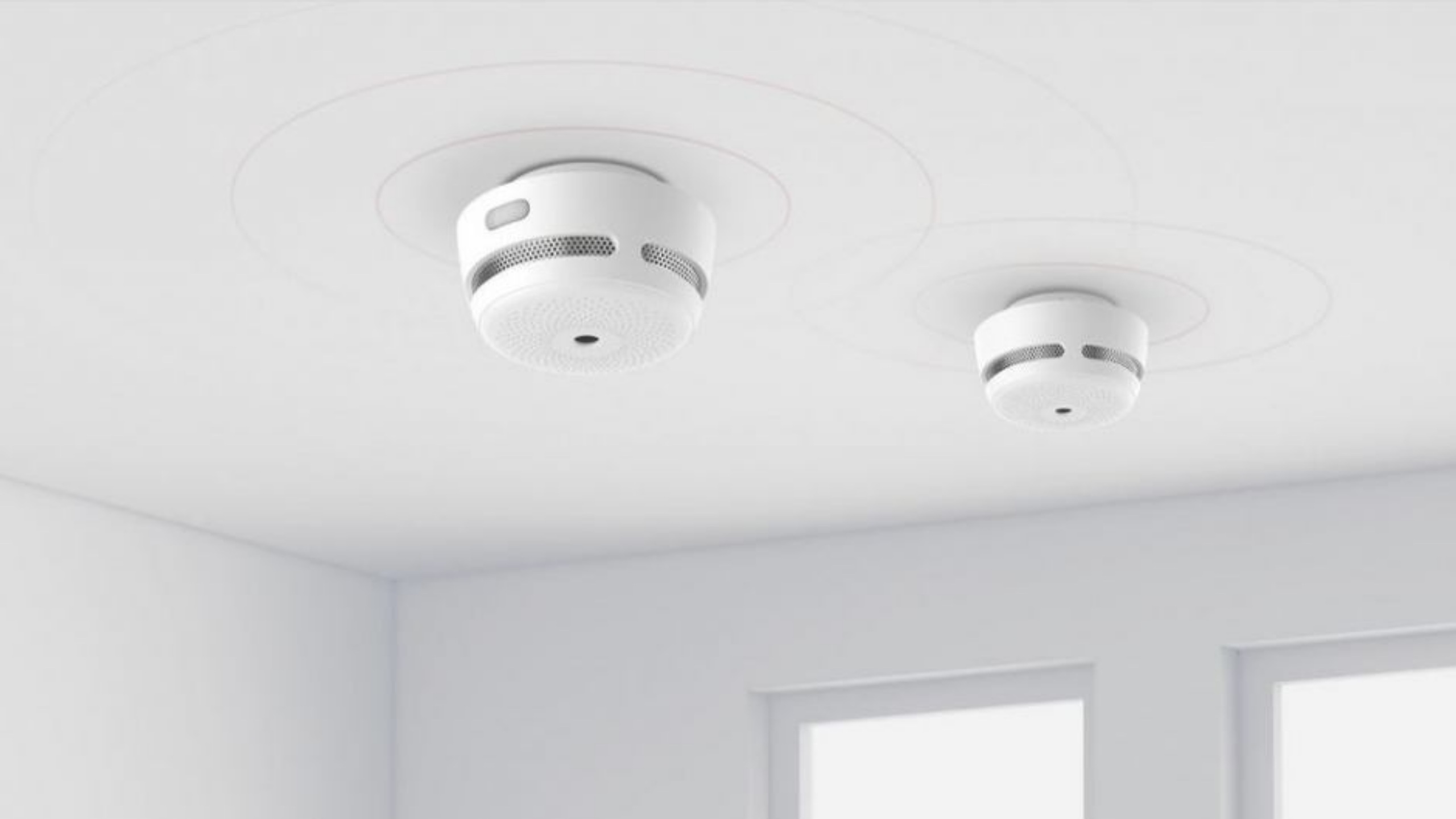

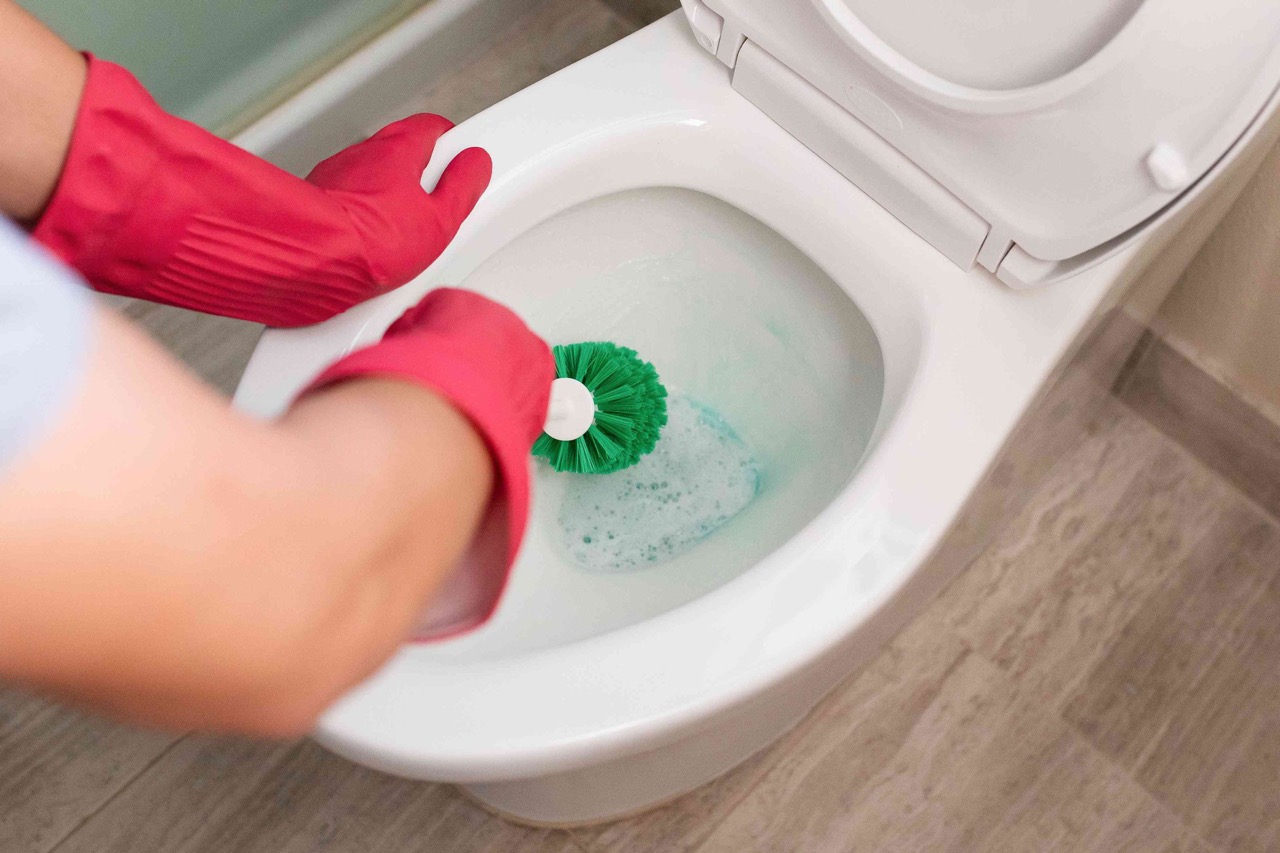
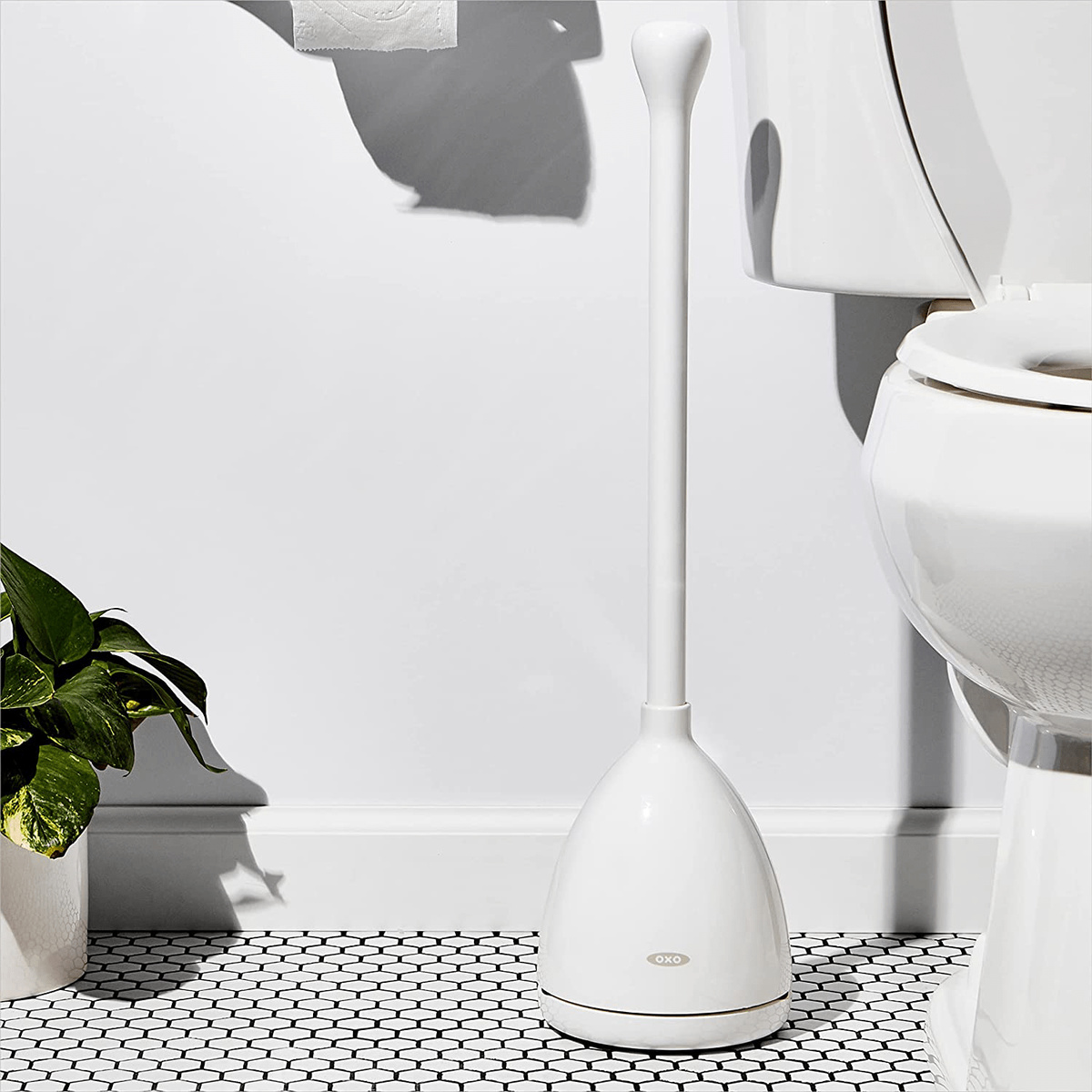
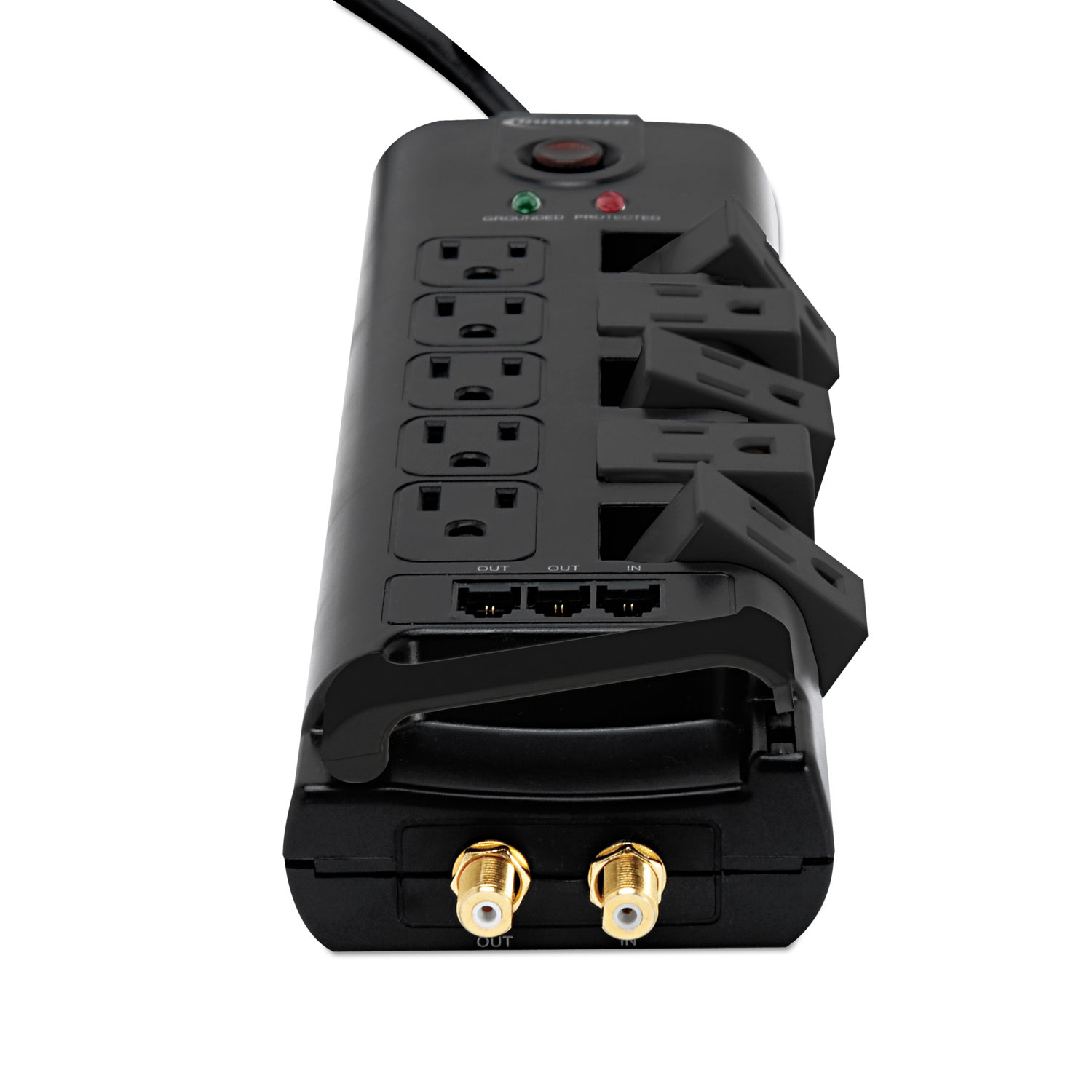
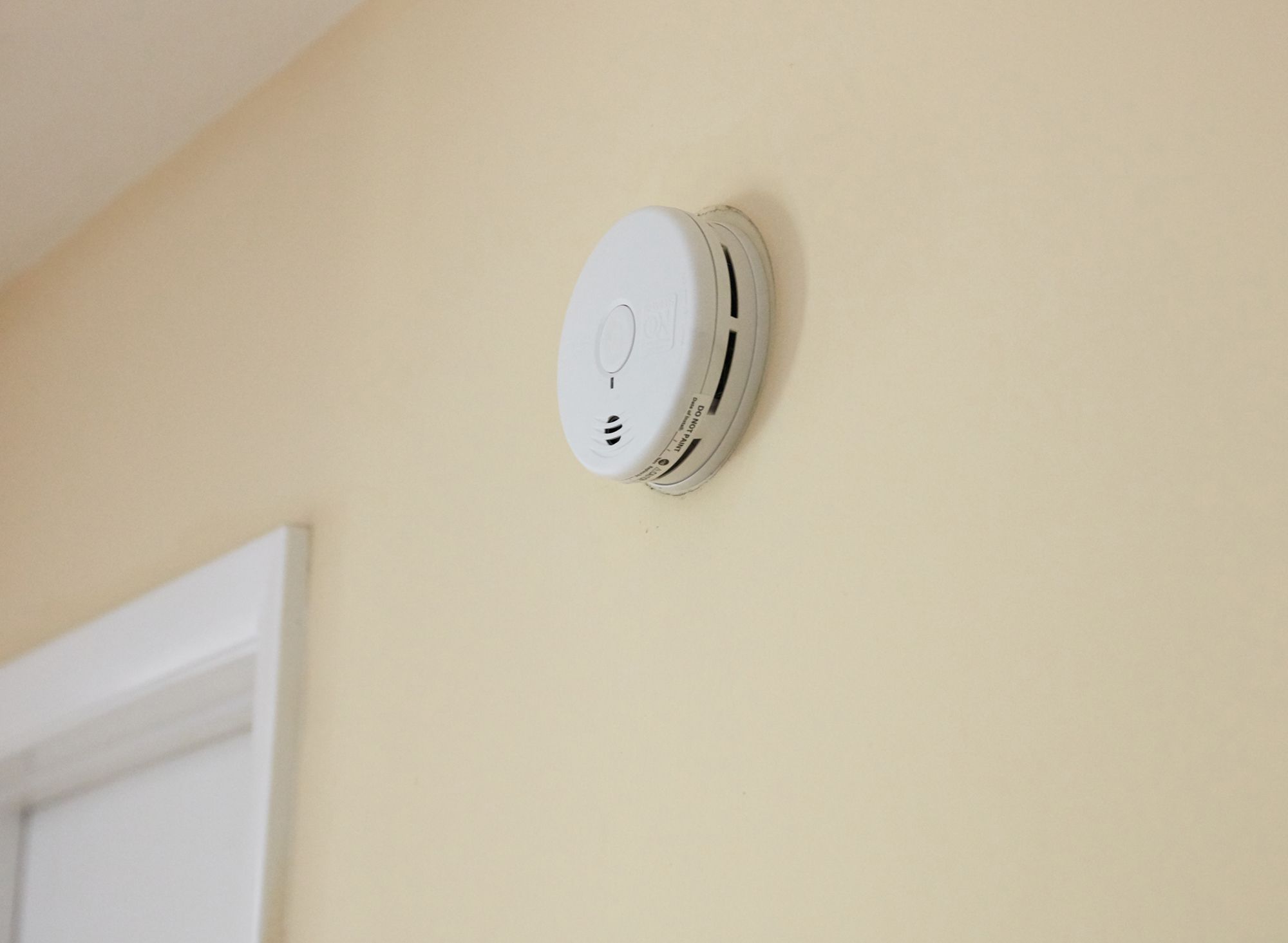
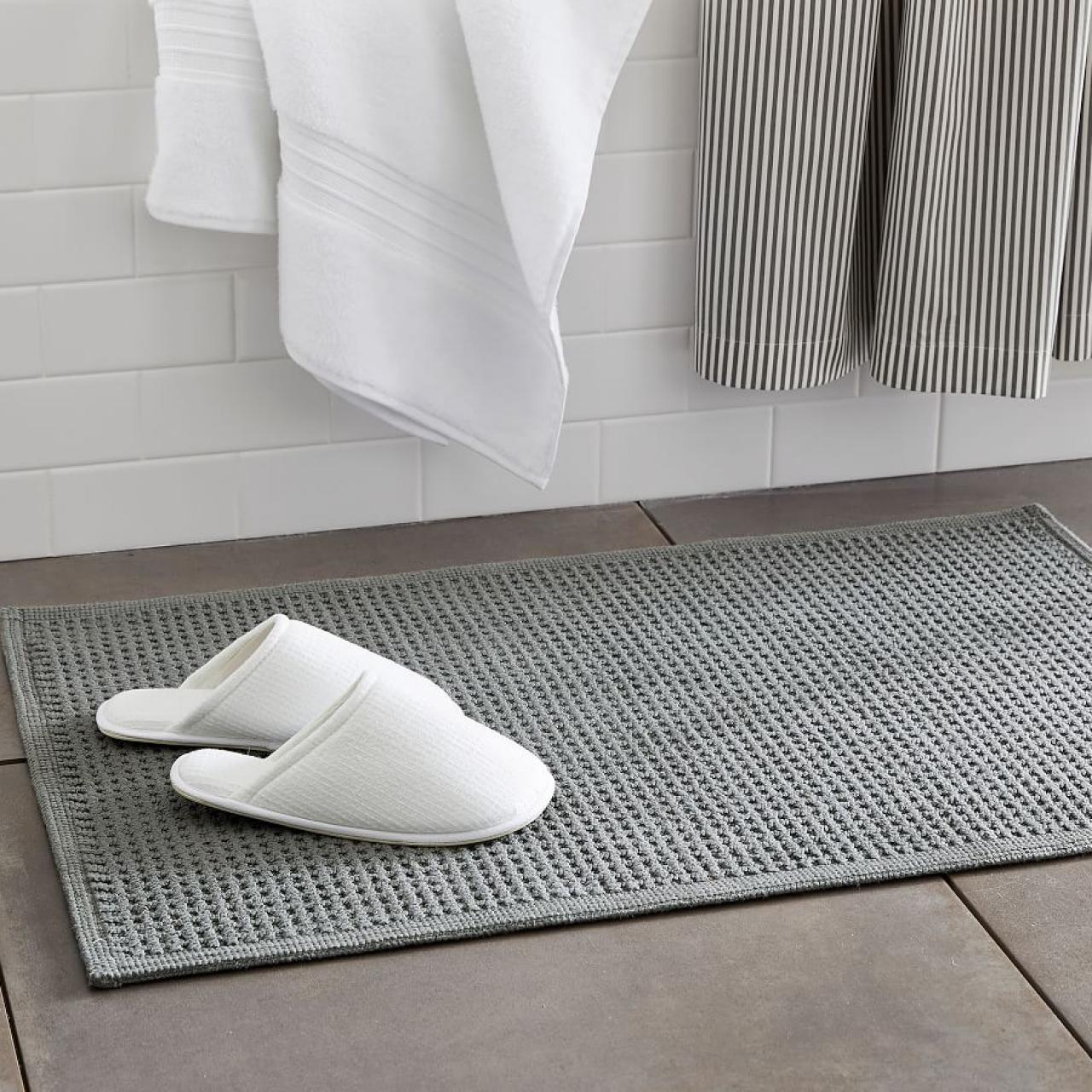

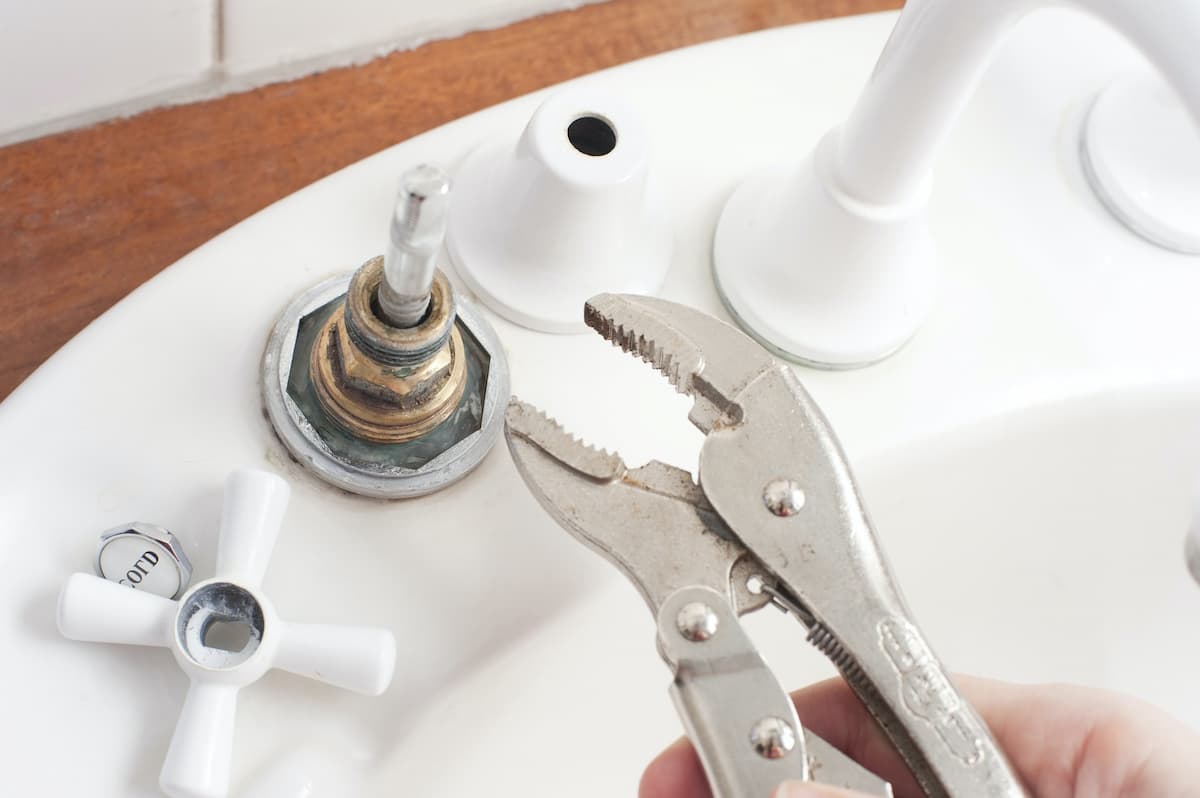
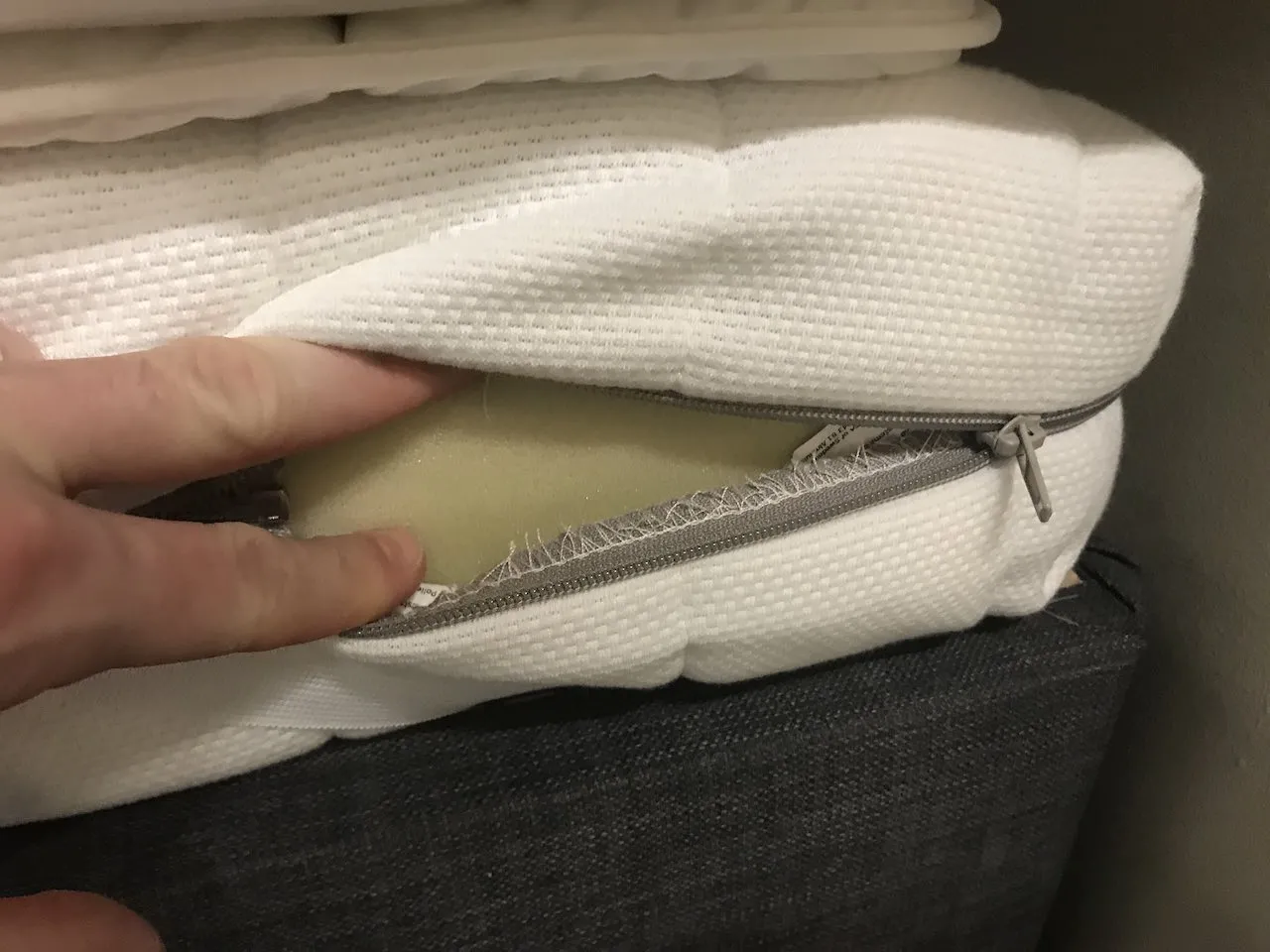
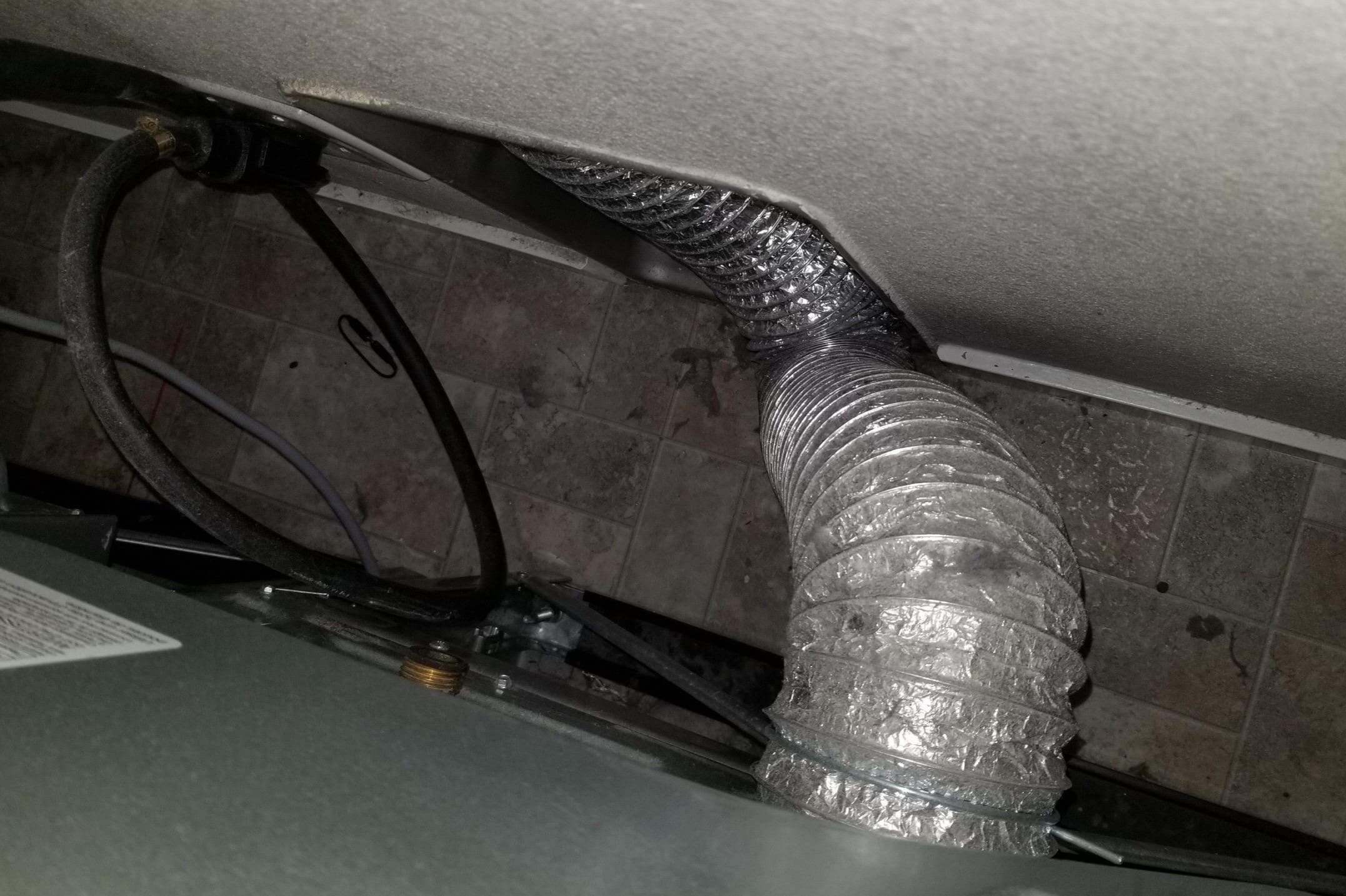
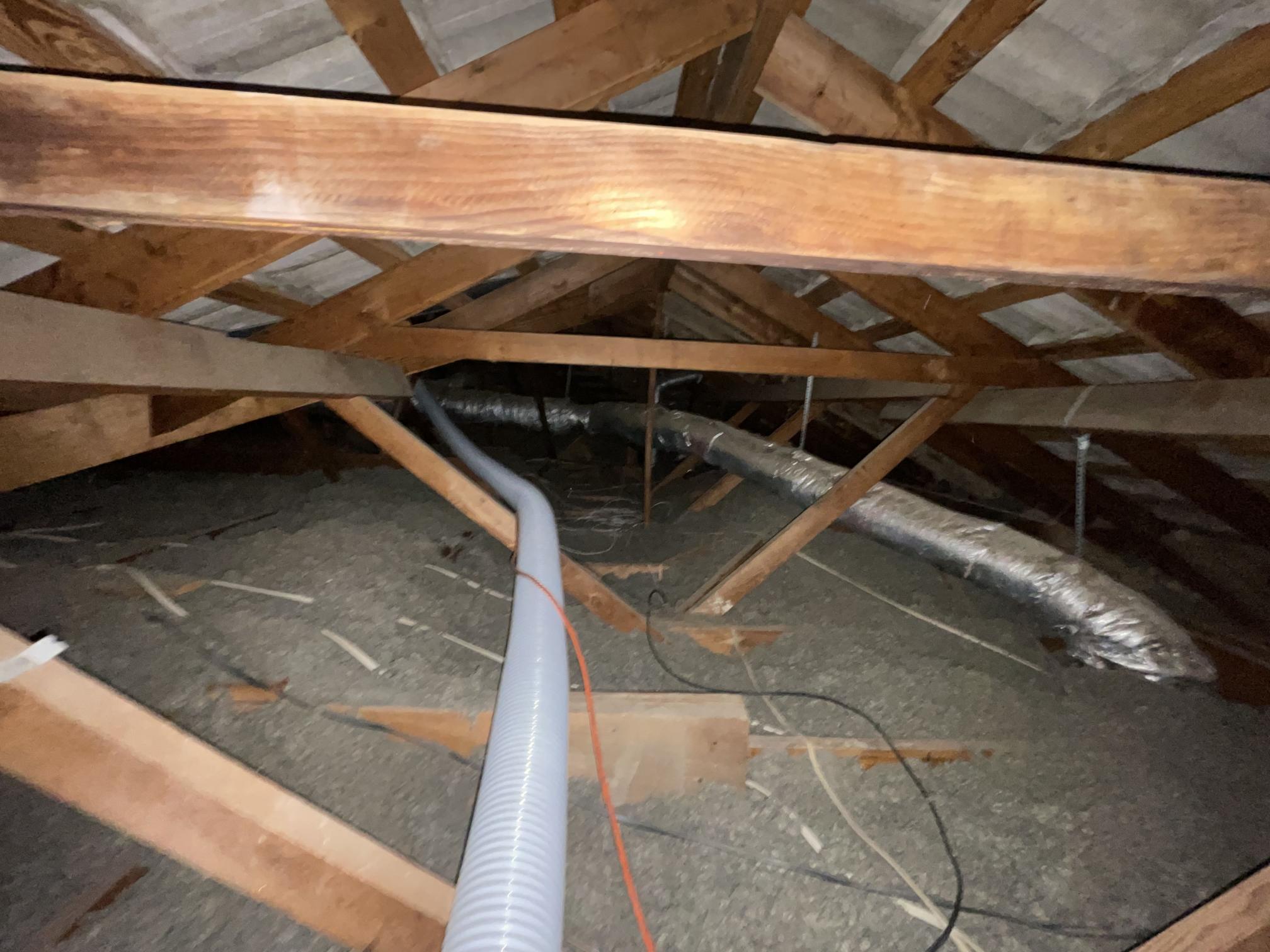
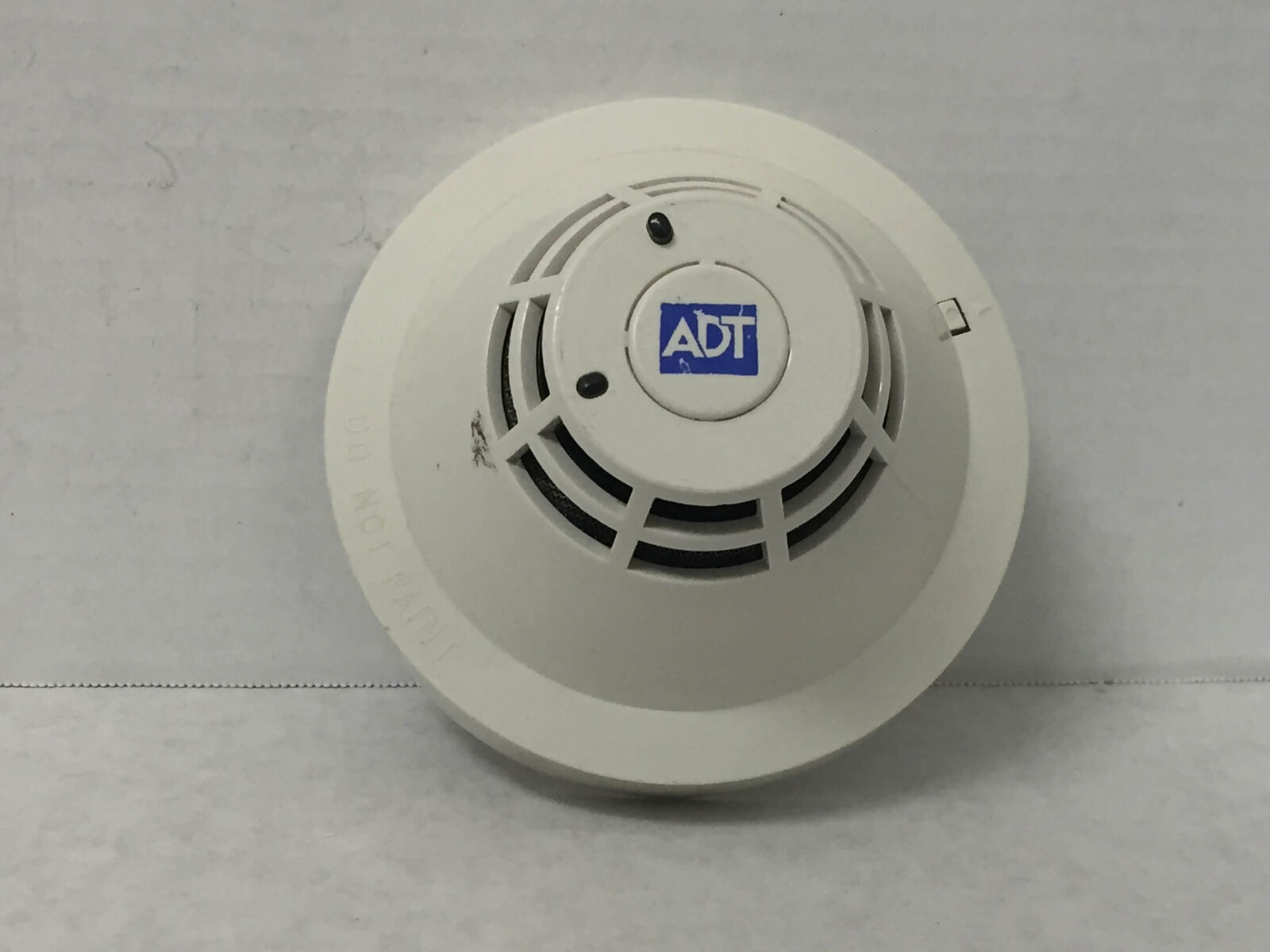

0 thoughts on “How Often Should You Replace A Smoke Detector?”